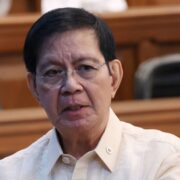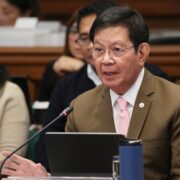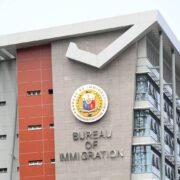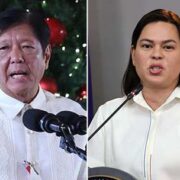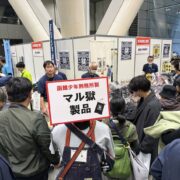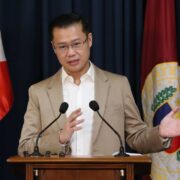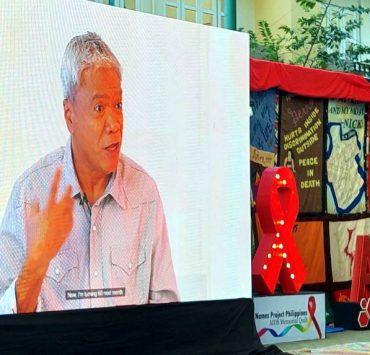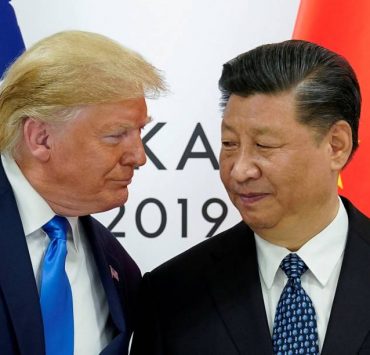More friends—with security benefits
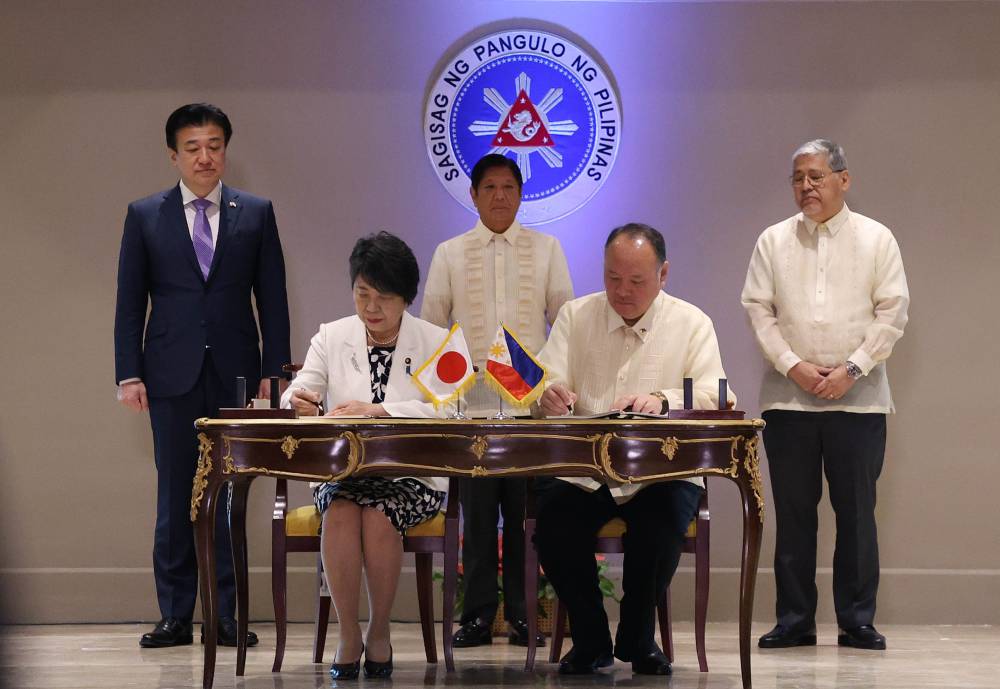
Foreign policy and national security did not take much space compared to other national concerns in President Marcos’ State of the Nation Address (Sona) last year. These topics, after all, are not top-of-mind for most Filipinos who, based on surveys, are more interested in gut issues such inflation, unemployment and poverty.
And yet in the months that followed, some of the most major decisions of his administration were seen as responses to Beijing’s increasingly aggressive behavior in the West Philippine Sea. Almost all were geared toward gaining wider international support for Manila’s assertion of its sovereign rights in waters being claimed by China.
In his first Sona delivered in 2022, Marcos’ declarations related to the maritime dispute— that the country will be “friend to all and enemy to none” while allowing no foreign power to “take even one square inch of our sovereign territory”—set the tone of how his administration would handle the issue.
In the 2023 Sona, he updated this phrasing: “Our independent foreign policy—a friend to all and enemy of none—has proven effective. We have formed strategic alliances with our traditional and newfound partners in the international community.”
“We have embarked on foreign trips to promote the interests of the country, for peace-building and for mutually beneficial purposes,” he added.
New agreements
Indeed, in the past two years since Marcos assumed office, the Philippines has not only pivoted back to its longtime security ally, the United States, but also entered into new security agreements with other countries.
The most recent and historic was a Reciprocal Access Agreement (RAA) with Japan that took only about eight months to negotiate and was signed early this month.

President Ferdinand R. Marcos Jr. witnessed the ceremonial Signing of the Reciprocal Access Agreement between Japan Foreign Minister Yoko Kamikawa (L) and Defense Sec. Gilbert Teodoro Jr. (R) during a courtesy call at the Malacanang Palace on Monday, July 08, 2024. With them are Japan Defence Minister Kihira Minomura and Foreign Sec. Enrique Manalo. Foreign Minister Kamikawa and Defense Minister Kihara are in the Philippines for the 2nd Foreign and Defense Ministerial Meeting (2+2), the highest consultative mechanism that will deepen security and defense policy coordination between Manila and Tokyo. Japan recently expressed support for the 2016 arbitration ruling that upheld Philippine sovereign rights in its exclusive economic zone (EEZ) and invalidated China’s massive territorial claims in the South China Sea.
INQUIRER/ MARIANNE BERMUDEZ
The RAA, similar in many respects to the country’s Visiting Forces Agreement with the United States and Australia, allows the entry of Philippine and Japanese military forces into each other’s jurisdiction for joint exercises and disaster response.
There are now talks to have similar deals with Canada and France.
This year alone, Marcos traveled to eight countries, including Australia where he delivered a rare address before the Australian Parliament, and Singapore where he gave a keynote speech at the Shangri-La Dialogue, a high-level security conference. On both occasions, he spoke of the importance of upholding the rule of law amid regional tensions with China.
“We will protect our sovereign rights and preserve our territorial integrity, in defense of a rules-based international order,” Marcos said in his second Sona speech. “With our national interest paramount, we will always pursue constant dialogue and diplomatic approaches to the resolution of any issue that may arise.”
With the reversal of his predecessor Rodrigo Duterte’s leanings toward China, Marcos turned to the world audience to assert the 2016 arbitral ruling that invalidated Beijing’s sweeping maritime claims, a legal victory that Duterte set aside.
New triad
Marcos allowed Washington greater access to Philippine bases last year. And this year, the Philippines entered into agreements with Brunei, Canada, United Kingdom and a memorandum of understanding on incident management with Vietnam in the South China Sea.
Later this month, the Philippines is expected to sign a defense cooperation agreement with Singapore.
A new triad also emerged under Marcos last April, where the leaders of the Philippines, United States and Japan met for the first time for a trilateral summit in Washington DC, and discussed their shared interests to maintain a peaceful and stable region amid China’s increasing assertiveness.
Closer to home
The Philippines has largely turned to its security partners to modernize its ill-equipped military. While President Marcos approved the military’s updated wish list for its modernization late last year, major deals have yet to be signed. This, despite his repeated vows to support the military modernization in his camp visits.
As to internal security, Marcos’ plan mentioned in his second Sona to enhance the amnesty program for former communist and Moro separatist rebels has gained momentum.
Later in November that year, he issued a series of proclamations to this effect as part of peace initiatives for members of the New People’s Army (NPA), the Moro Islamic Liberation Front and the Moro National Liberation Front.
As of July this year, the National Amnesty Commission had received a total of 578 amnesty applications, of which 497 are from the ranks of the NPA.
In the 2023 Sona, Marcos also reported new developments firming up the government structure of the Bangsamoro Autonomous Region in Muslim Mindanao (BARMM)—a topic not touched in his 2022 speech.
“We are proud of the progress that the BARMM has taken… Former adversaries are now partners in peace. Its functions have been defined and its basic laws are being written,” he then said.
While the mention of the BARMM in 2023 was welcome, observers agreed there was still much to be done in the Mindanao peace process. Still, having a stable Bangsamoro region would allow the Armed Forces of the Philippines to fully shift its focus on territorial defense and leave domestic peace-and-order tasks to the police.


